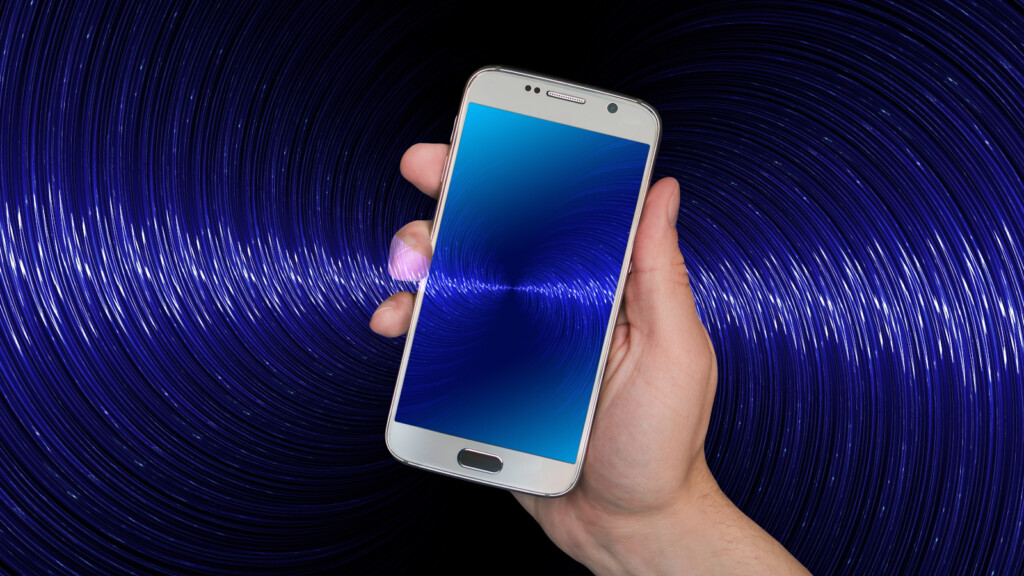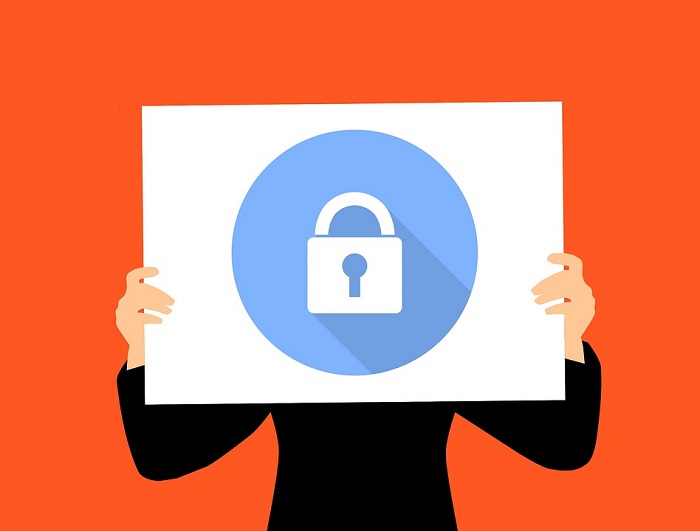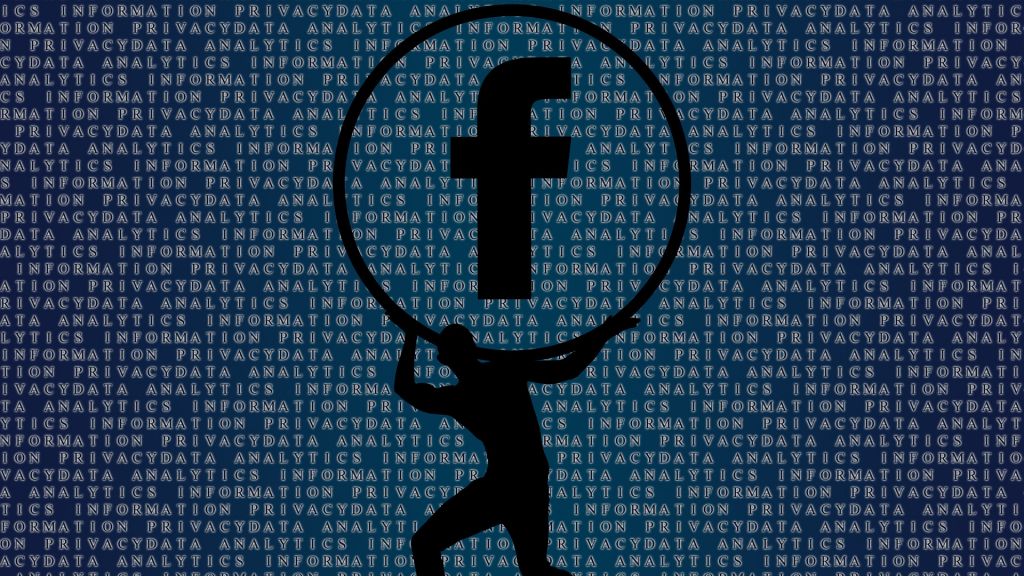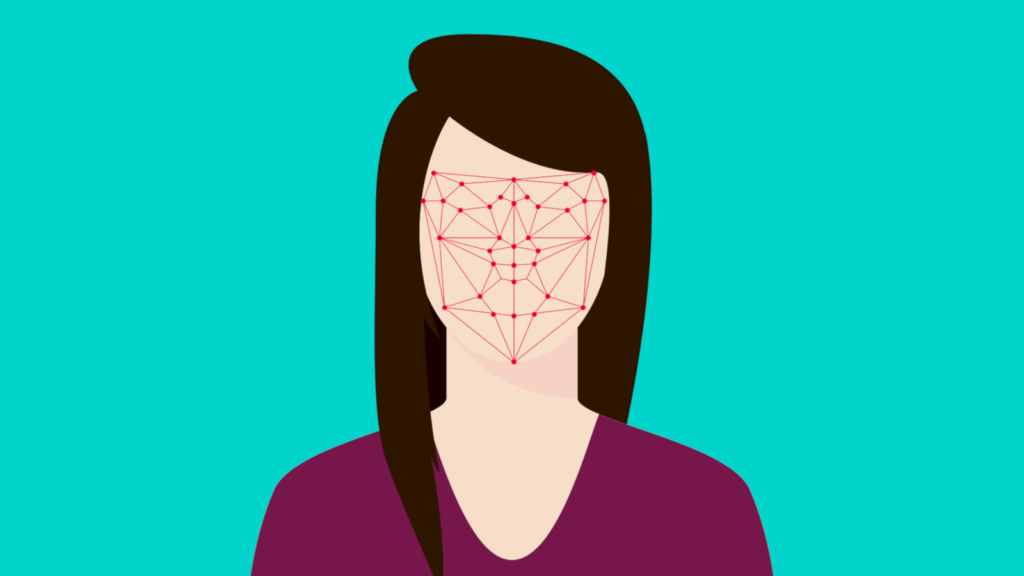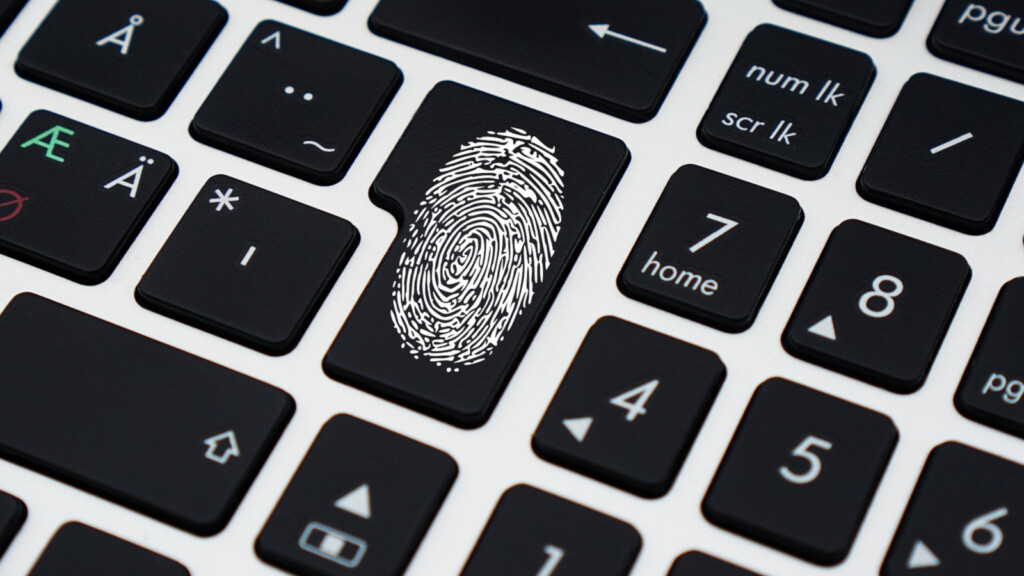How Capable is Modern Government Surveillance?
What can modern government surveillance do? Technology has always been a friend to the powers that be when it comes to surveillance. In ancient times you needed a real set of eyeballs to gather information. Whether it was a literal scout, a spy or insider on the payroll, humans had to do the dirty work of keeping an eye on things.
With the invention of telecommunication, cameras, sound recording, and other related technologies, things changed dramatically. It was possible to set up an infrastructure which fed information to the state. It also became possible to tap into phone systems and other non-governmental systems to intercept information the state wants.
With the advent of computer technology, the sheer scope of information gathering and analysis has exploded. Things are moving so quickly that the average person probably has a pretty outdated idea of just how deeply the state can reach into our lives. In fact, even those of us who try to keep track of these things have no idea about the true cutting edge. Since obviously, they try to keep those details secret. Based on what has been leaked over the last few years, what can we assume about modern government surveillance? Here are some educated guesses.
If it Communicates, It Can Be Monitored
The modern world is all about interconnection. Everything is networked together and information has to pass between many uncontrolled systems to get where it's going. Our homes are now highly-connected, our appliances are becoming smart. We have cameras and sensors everywhere. That means plenty of opportunities to tap into what we've willingly made a part of life.
The bottom line is that modern government surveillance can intercept just about any information. At least in its raw form. You can bet that in many countries large tech service providers hand over logs to the state when asked. In some countries, as with Russia's SORM, interception hardware is legally required by any telecoms operator!
They Can't Beat Encryption, Mostly
Despite all the money and technology within the hands of world governments, we still have strong encryption technology to protect us from privacy invasion and persecution.
End-to-end communication apps like Signal and peer-to-peer encrypted networks like Tor are still secure. It's such a pain to some governments, that the less democratic among them are making encryption that keeps the state out illegal. Requiring back doors be built in for law enforcement.
The reason encryption still poses an obstacle to the state comes down to computing power. The amount of computing power needed to break even the standard encryption on an iPhone doesn't yet exist.
That doesn't mean encryption is foolproof! There are ways around it, that often target weaknesses in passwords or flaws in the encryption design. Still, if you are using a proven encryption method correctly, there ain't much the government can do about it.
Anyone Can Be a Spy
Sometimes, the old ways are still the best ways. Using agents who are undercover or simply turning a civilian is still an effective way to practice surveillance. The really scary thing now is that someone else might be used as a surveillance tool without them even knowing. You may keep your own devices secure and practice good privacy hygiene. However, if someone you have contact with doesn't do the same, they can become an entry point into your private life.
The Social Media Force Multiplier
The capabilities of modern government surveillance don't just stem from their own resources. The power to watch the details of our daily lives is also something that we as the public citizens of the world give to the state on a platter. The biggest culprit here is social media. Something we've flagged as a major privacy issue in other articles before.
Social media is an ultra-rich source of data and with advanced algorithms to make sense of it all, it's shocking what sorts of predictions and insights can be gained about you. After all, if your patterns match up with the patterns of other known people of interest, you might get some unwelcome scrutiny. Whether you deserve it or not.
AI is Changing the Game
It doesn't matter how many cameras you have, whether you are recording everyone's calls or if every social media post is scraped and stored. It doesn't translate into actionable intelligence if you can't actually make sense of it all.
In the past actual human beings would have to sift through all the raw information collected. Just the manual transcription of phone audio is massively expensive and time-consuming. Now we bring in smart software that can learn and run it on computers that are thousands of times more powerful than a few decades ago. Suddenly it becomes possible to go through thousands of records in seconds. To identify "hot" words, find patterns in peoples electronic breadcrumbs and more. The capability of AI-based technologies is growing exponentially and this is going to be a key technological pillar in, well, everything as the century rolls along. Surveillance is but one area that will be revolutionized.
The Sci-fi Stuff
If you're well-informed about modern government surveillance then most of what's written above are pretty humdrum. Sure, the implications are pretty gnarly, but we understand that these technologies are just extensions of what we already know. There's another emerging side of surveillance technology that borders on science-fiction. You can be sure that national surveillance projects are hard at work trying to figure out how these new technologies can be used to make existing mass surveillance more powerful. Here are some of the more jaw-dropping developments.
Behavioral Analysis
Machines are starting to understand us. For example, in the field known as affective computing new methods are being developed so that software can figure out your emotional state. That's useful for building better computer interfaces, but it's also something that has potential in the surveillance world.
Imagine a world where police cameras can flag someone who is about to be aggressive. Perhaps they can tell if someone is acting strangely or is more nervous than normal. That sort of technology would be very appealing to any authority that wants to effect order. The problems are however obvious. It's a little like thought-policing, but more like emotion-policing. Can you imagine someone watching you for even a sign of "problematic" feelings? Policed for what they imagine your internal emotional state is? It's an ethical and privacy nightmare, yet I suspect that once affective technology becomes a reliable measure of emotional states, it's going to be abused somewhere in the world.
Biometric and Biological Surveillance
Most of us have used some form of biometric system at some point. Smartphones and laptops now routinely come with fingerprint scanners. Devices that can accurately check a fingerprint in a fraction of a second. Some phones have iris scanners too, although these never really became popular. Especially since under-screen fingerprint sensors are becoming affordable. Facial recognition is another common biometric check as well.
There is other biometrics too. They might not be quite as unique as a fingerprint or iris, but in combination with other biometrics, they are hard to fool. Height, gait, voice patterns and even how you tap the keys on a keyboard can all be used to ID you.
On top of this, we're shedding biological material everywhere we go. A DNA analysis has already revolutionized criminal investigations. If your DNA is found at the scene of a crime, it's hard to explain it away. Your DNA really is unique, unless you have a twin running around you don't know about.
The problem is that DNA testing is becoming incredibly cheap. Recently police stations in some parts of the world have purchased automated DNA testing machines. Anyone brought into the station can have their DNA logged and stored. That's creepy enough, but with such cheap DNA testing, one can imagine a future where every baby has their DNA logged at birth. Which would be the true death of privacy. Your entire history of movement could be exposed by a trail of skin, hair follicles, and other viable DNA sources.
Human RFID Chip Implants
If you're a responsible pet owner, you've probably had an RFID chip implanted in your beloved doggy or kitty cat. So if they ever get lost, all it takes is a sweep with a scanner and your name, number and address will pop up. It's a great system for lost pets, but what about humans?
There's nothing technically stopping the same practice for people. In fact, you don't need to use a chip that requires such close proximity to scan. We could be looking at a future where scanners are everywhere. It could be pretty convenient, never needing ID and being recognized everywhere you go by scanning machines. However, if you're tagged against your will it's a privacy sacrifice you'd have no choice in. By modern ethical standards, it seems unlikely that anyone would ever allow something like this. However, social morals vary from country to country and more authoritarian regimes with poor human rights records might not feel so constrained. It might also sneak in as a health device!
Deepfakes and other Future AI Deceptions
You've probably heard of Deepfakes. People make these videos with machine learning software. You can take the face of one person and then put it on another person. Which makes it possible to put Nicholas Cage in everything. While the world can certainly use more Nick Cage, it's a worrying technology.
From the perspective of surveillance, how could this be used? Governments could use live deepfakes to fake one person in a video call. You think you're talking to someone you trust, but it's just a computer projection. Even modern chatbots are getting good enough to fool people some of the time. There's a chatbot that exists to waste the time of scammers. Perhaps soon there will be one to impersonate your friends to get information from you.
Modern Government Surveillance: Who Watches the Watchers?
Let's face it. The government watching you sucks. Still, there needs to be some form of government surveillance or it can't govern. With new technologies opening up incredible opportunities for new surveillance levels, can we trust them to be reasonable? The only way to keep these technologies from doing more harm than good is to keep those in power accountable.
Do you think we're giving the state too much credit? Not enough? Let us know in the comments. Lastly, we’d like to ask you to share this article online. And don’t forget that you can follow TechNadu on Facebook and Twitter. Thanks!

